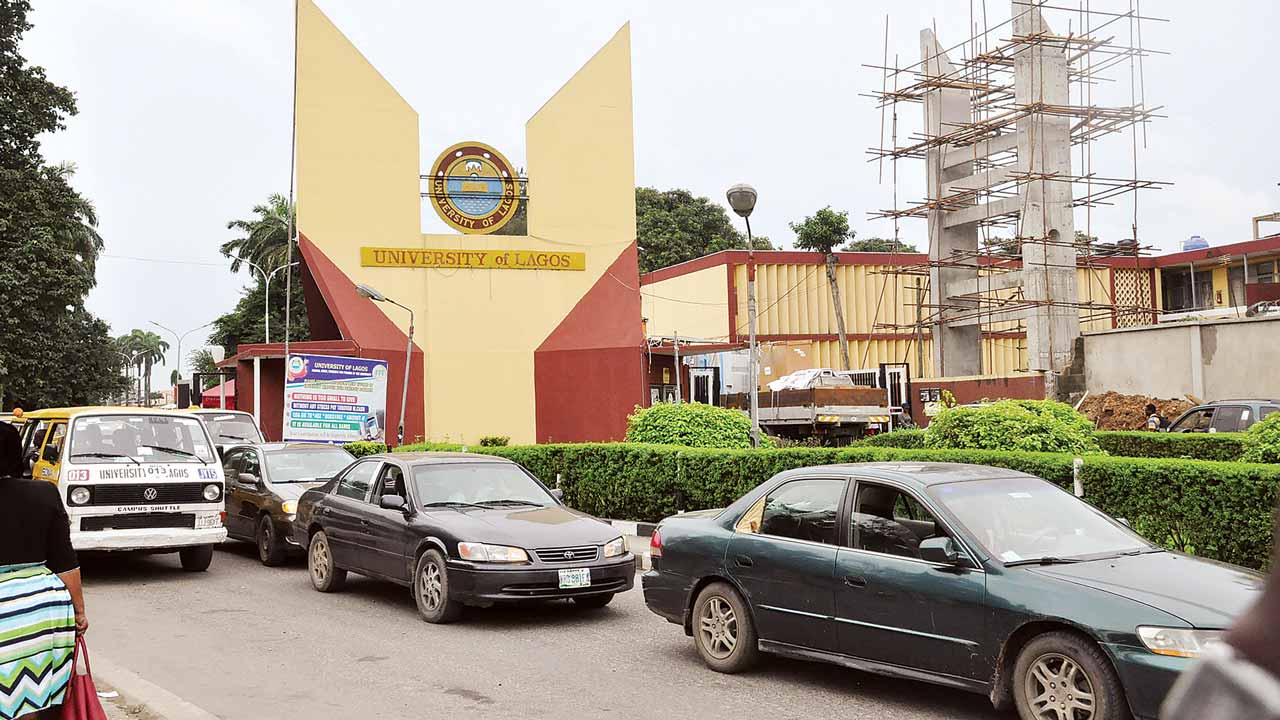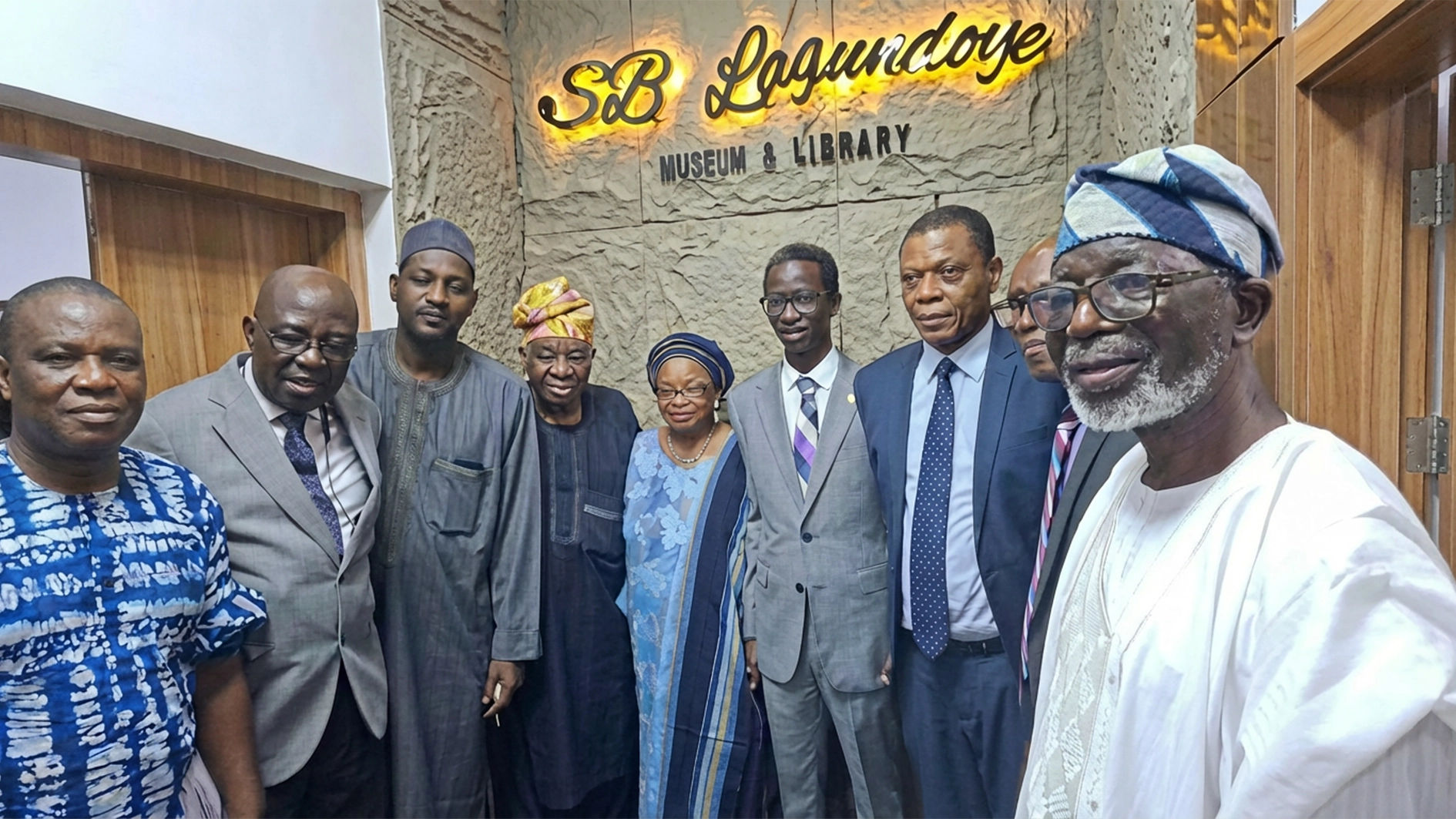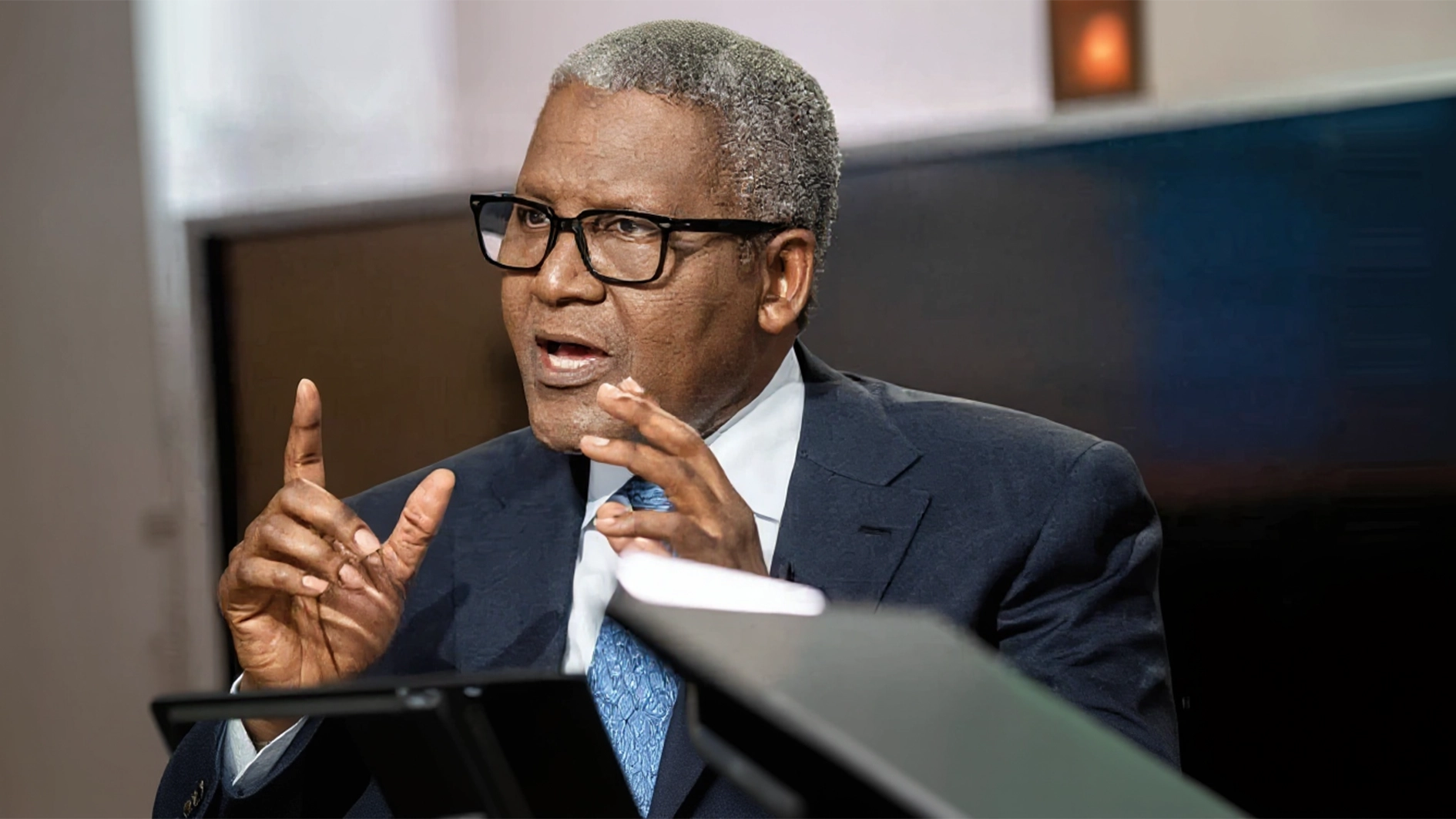
• How power tussle scuttled ceremony
• ‘Education minister, NUC acted in error’
The University of Lagos (UNILAG) chapter of the Academic Staff Union of University (ASUU) and other members of staff have condemned the indefinite postponement of the institution’s 51st convocation ceremony.
The denunciation came on the heels of a conflict of interest between Pro-Chancellor Dr. Wale Babalakin and the management of the university.
The Ministry of Education and the Nigerian University Commission (NUC) had advised the postponement following an allegation by the pro-Chancellor that the management failed to obtain the approval of the institution’s council.
Describing the action as “unfair and overbearing,” the staff resolved to hold an emergency meeting on Wednesday to review the development and take a position.
ASUU chairman, Dr. Dele Ashiru, said the members viewed the postponement as “wicked, inhuman, egoistic, retrogressive, unconscionable and satanic.”
He said: “These latest antics of the pro-chancellor have further confirmed our age-long fears about the destructive machinations of the pro-chancellor in the University of Lagos, in particular, and the entire Nigerian university system in general.
“Otherwise, how else can one explain the role of the pro-chancellor in the calamitous postponement of a convocation ceremony without any consideration for the psychological trauma this may cause the graduands, their parents, relatives, the image and reputation of the university? This is apart from the huge human, material and financial resources that have been committed to planning the ceremony.
“That the Ministry of Education could by fiat request the Executive Secretary of the National Universities Commission (NUC) to ‘advise the vice-chancellor (VC) to suspend the university’s convocation ceremony’ without investigating the veracity of the pro-chancellor’s claim is not only worrisome but highly depressing. It is a blatant erosion of academic freedom and university autonomy, which our union has consistently fought for over the years.”
A lecturer at the department of education said it was incomprehensible that the principal officers of the university chose to put their ego first before the institution and its image.
“I believe in the rule of law and we should not condone illegality. Babalakin has a point in this matter, but I doubt it is sufficient to warrant his call for the postponement of the convocation. He clearly has an axe to grind but it should not be to the discomfort of all other parties.
“It is unthinkable that UNILAG is cancelling a convocation after the VC has held a world press conference announcing the commencement. That action puts a lot of people in pain and discomfort because of plans and investments that have been put in. It is sad. All the principal actors should cover their heads in shame,” he said.
Another don blamed the pro-chancellor for being overbearing and acting contrary to the provision of the University Act. “Go and see the act. The convocation ceremony is the right of the chancellor and not the office of the pro-chancellor. If the chancellor has been duly informed, then, why is Babalakin acting against the collective interest of the university?” he asked.
Section 6 (1) of the University of Lagos Act states: “The chancellor shall, in relation to the university, take precedence before all other members of the university, and when he is present shall preside at all meetings of congregation held for conferring degrees and at all meetings of convocation.”
Section 6 (2) states: “The pro-chancellor shall, in relation to the university, take precedence before all other members of the university except the chancellor and except the vice-chancellor when acting as chairman of congregation or convocation and except the deputy vice-chancellor when so acting; and the pro-chancellor shall, when he is present, be the chairman at all meetings of the council.”
The university community is worried that the pro-chancellor could deny knowledge of the convocation programme despite his contributions, as council minutes showed.
There has been no love lost between the pro-chancellor and the university’s management. The animosity became most evident shortly after the conclusion of the 50th convocation ceremonies last year, with claims of financial abuses and usurpation of statutory power making the rounds.
The Guardian investigation, meanwhile, has found that the allegation, which prompted the postponement, was incorrect.
Babalakin, who also doubles as the Chairman of the Governing Council of the university, had petitioned the vice-chancellor and copied the Minister of Education, Minister of State for Education and the NUC, citing “unlawful actions” in the build-up to the event.
In the petition dated March 2, 2020, obtained by The Guardian, Babalakin said: “I saw the programme of the convocation ceremonies for the first time when it was brought to my attention during the FGN/ASUU 2019 Agreement Renegotiation meeting. The programme was never brought to the attention of council and it was not mentioned to me at all. I was taken aback by its contents.”
He affirmed that the budget for the convocation was discussed and approved with conditions of due process at the last council meeting, but insisted “no memo was presented to council about the convocation ceremony.”
He sad: “The vice-chancellor informed council at its last meeting that the convocation lecturer will be the president of Ghana, Nana Akufo-Addo. Council was very happy about this choice. In the programme that I saw in the newspaper, the convocation lecturer was no longer advertised to be the president of Ghana. No one informed council about this change or the reason for the change.”
The pro-chancellor also kicked at the choice of nominees for the award of honorary doctorates without Senate recommending the same to the council, which has that prerogative in accordance with the University Act.
“These actions contravene the laws of Nigeria fundamentally and the University Council cannot be part of it. The programme was not authorised by the Council of the University of Lagos. The letter of invitation sent out on 24th of February 2020 is inconsistent with the laws of the university.
“I will advise very strongly that we do not proceed with the continued unlawful actions, which are capable of presenting the University of Lagos as a lawless entity,” the petition states.
Following the receipt of the complaint, and without recourse to the university’s management, the Ministry of Education issued the NUC a directive to “advise the vice-chancellor to suspend the convocation and ensure full compliance with the process.”
The letter, dated March 2, 2020, was signed by the Permanent Secretary, Ministry of Education, Sonny S.T. Echono.
But the Vice-Chancellor, Prof. Oluwatoyin Ogundipe, in his reply to the petition, dated March 2, 2020, dismissed the claims of the pro-chancellor, insisting that all information pertaining to the ceremony was brought to the council.
The reply, obtained by The Guardian, states: “You will recall that I said the president of Ghana, Nana Akufo-Addo, had accepted to be the convocation lecturer. I also mentioned to council discordant tunes coming from his office because of the political climate in his country. You then advised that we seek the support of Honourable Abike Dabiri-Erewa to assist in this regard.
“At this point, when it became clear that we could not get the president of Ghana, Senate duly approved the new convocation lecturer in the person of Dr. Isa Ali Ibrahim (Pantami), Honorable Minister of Communications and Digital Economy, and he has graciously accepted.”
Ogundipe said the university, through the Minister of Education and the NUC had notified the visitor of the dates of the convocation. “The chancellor, who is the chairman of convocation, has also been duly informed.”
He maintained that the recommendations of the Honours Committee of Senate were presented at the last council meeting contrary to the pro-chancellor’s claims.
“To ensure the smooth management of the process, I proactively gave council an advance notice of the proposed three honorees, and a fourth name, Dr. Stella Adadevoh, was suggested by you for a posthumous award and council agreed.
“Council then decided that since the next council meeting before the convocation ceremonies will be too close for inclusion of the honorees into the Convocation Order of Proceedings, you proposed that I should meet with Dr. John Momoh, OON, to consider the Senate recommendations on behalf of council. This was done and a letter dated February 17, 2020 was sent to Dr. Momoh. Having followed your directives, I fail to see how I have contravened any law.
“The programme published in the national dailies was duly approved by Senate at the meeting held on 12th February 2020. Therefore, the advert and the invitations sent out were consistent with the traditions and laws of the university.”
Indeed, findings showed that the 2019 convocation ceremony was tabled at the 324th special meeting of the governing council held on January 21, 2020, presided over by Babalakin.
Page 49 of the minutes states: “Council was informed that the 2019 convocation ceremonies have been scheduled between March 9 and 13, 2020. The chairman informed members that all matters on the convocation ceremonies shall be considered at the council meeting of Wednesday, January 22, 2020.”
On the next allotted date, page 53-54 of the minutes states: “Council received and considered C.P. No. 2019/20/3b, which contained the nominees for honorary doctoral degrees at the 51st Convocation ceremonies of the university and the proposed budget estimate.
“The vice-chancellor presented to council names of the following eminent personalities, who had shown great commitment to the development of education in Nigeria for the award of honorary doctoral degrees in the forthcoming convocation ceremonies: Dr. Muhammadu Indimi, Biodun Olusina Shobanjo and Dr. Kesington Adebukunola Adebutu.
“The chairman also suggested that the late Dr. Stella Ameyo Adadevoh should be honoured for the role she played in the Ebola Virus epidemic. After exhaustive deliberation, council noted the inadequate information on the nominees for honorary doctoral degrees and resolved to conclude deliberation on the matter off-line.”
Further findings showed that the university had in a letter to the Department of State Services (DSS) dated January 31, 2020 requested a security clearance on the honorary doctorate nominees. The DSS in a reply dated February 13, cleared the nominees.
There is also evidence, in a memo dated February 17, 2020, that the vice-chancellor submitted the profiles of the nominees and their DSS clearance to the president of the UNILAG Alumni Association, Dr. John Momoh, for consideration.
Efforts to get Babalakin’s reactions yesterday were unsuccessful. He failed to respond to phone calls and text messages.






